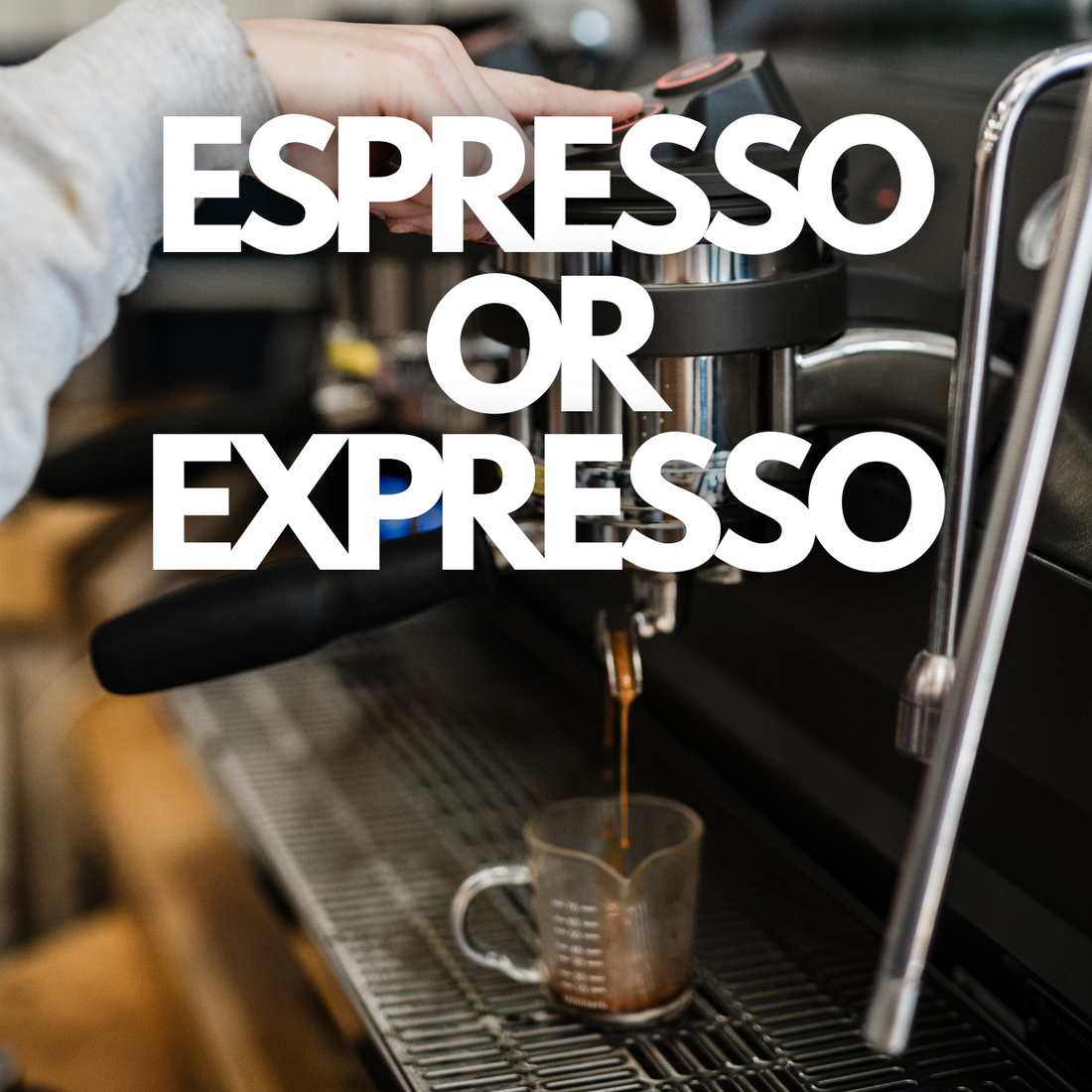
Expresso or Espresso?
Share
Just like the debate surrounding the amount of caffeine in light or dark roasts, there are few topics in the world of coffee that split caffeineatics into opposing camps like the pronunciation of a coffee café’s most popular offering—espresso.
So, here’s a question to consider before jumping head first into this week’s blog: when you order your next latte at your favorite local coffee shop, would you pronounce the much-needed extra shot of _____ as “eh-spres-oh” or “ex-spres-oh” to the barista taking your order? Why is that, and which one is the “right” term to use?

Luckily for the Alma-familia, the person writing this particular blog post was a former English professor and coffee shop barista prior to joining the Alma team.
My exposure to linguistic debates (such as “gif” vs. “jif”) and the occasional heated exchange between barista and espresso-lover over the “correct” pronunciation makes me uniquely qualified to provide a final verdict in this timeless debate.
In this week’s Alma-nac blog, we’ll be walking through the nomenclature and history surrounding espresso in coffee culture, discussing the reasons behind this word’s linguistic shift, and then trying to decide who is actually right in this oft-heated debate.
An express history on espresso
Before you sneer at the next person who mouths the word “expresso” in your vicinity, take a second and think about the historical origins of espresso itself.
Like most great things in the coffee world, the first use of the word “espresso” in coffee culture can be traced back to Italy (and more particularly, Luigi Bezzera of Milan) slightly before the first international wave of coffee.
If you’ve never heard of the international “waves” of coffee before, check out our previous blog coverage on the topic to better understand the term itself as well as the larger history of international coffee culture.
From an etymological perspective, however, the initial Italian naming of this first espresso beverage likely derives from the Latin word “exprimo,” a verb meaning to “squeeze out.”
The decision to name finely ground, highly pressurized coffee brewing “espresso” from this original Latin root word makes a lot of sense, but even the root word itself ironically contains the dreaded “x” spelling (source EspressoCanada.com).
Although the original Italian spelling of espresso doesn’t contain the “x” that triggers so many coffee lovers today, it wasn’t long after espresso’s induction into the coffee scene that variations of spelling and pronunciation started popping up around Europe.
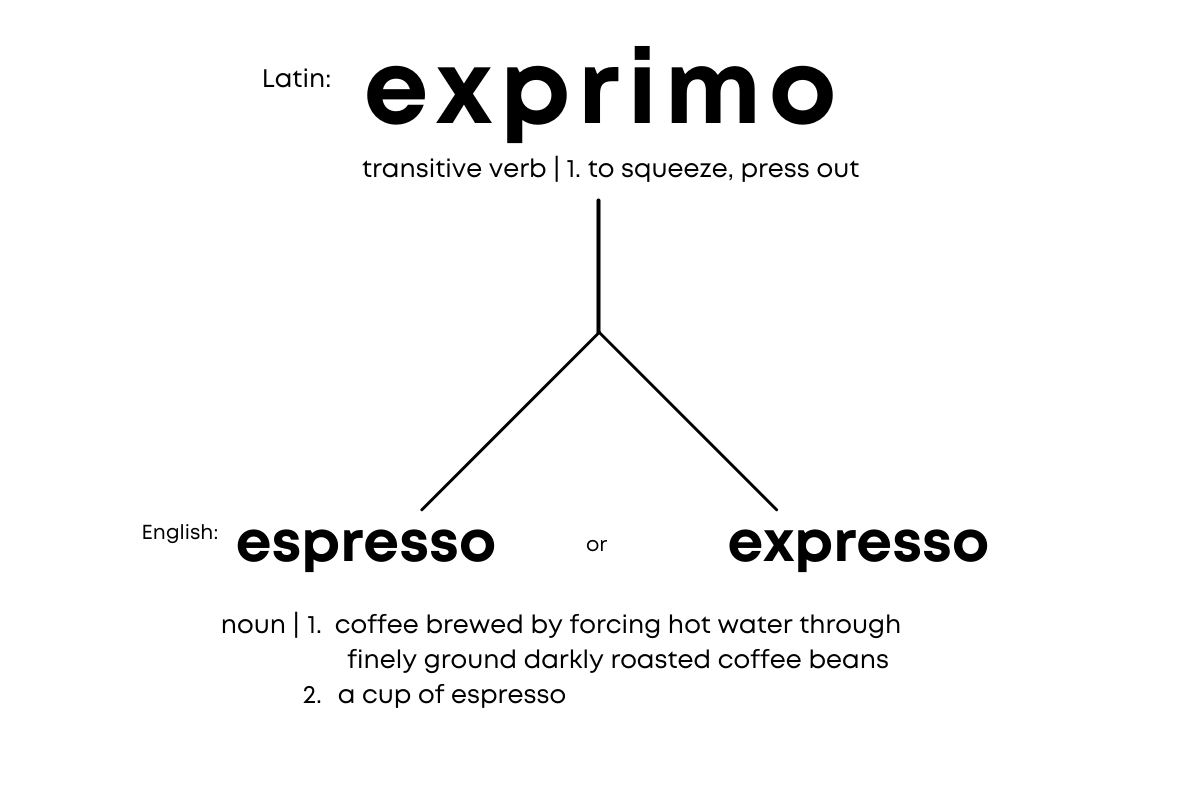
Case in point: the French, who were arguably second to the Italians in popularizing many popular methods of manual brewing the first wave of coffee, spell and pronounce espresso as “expresso” within their native language.
But, this use of “expresso” is no voluntary re-spelling—their use of “ex” instead of “es” is quite literally a limitation of French phonetic enunciation, not rebellious coffee drinkers.
In other coffee spots around Europe during the same time period, particularly the United Kingdom, the alternate “x” pronunciation/spelling of espresso started appearing in newspapers and café menus instead the original Italian spelling, and linguists have a few different ideas for why this might have happened.
THE LINGUISTIC "DRIFT" TO EXPRESSO
We should have mentioned this at the beginning of the blog, but language evolution is a sociological phenomena that is destined to change over time in often unpredictable ways. Think about it: would people in 1990 use the word "selfie" in the same way that people in 2010 would?
Unlike many other complicated phenomena in linguistics, however, the word “espresso” has occasionally shifted into “expresso” during the 1st, 2nd, and 3rd waves of coffee culture because of some fairly predictable factors.
For starters, “expresso” was a not-so-commonly used word to describe finely ground, quickly brewed coffee in the early 19th century. Even before the Italians mastered the espresso machine, evidence suggests have “expresso” was being used in coffee-related publications across Europe more often than “espresso” (source: Google Books Ngram Viewer)
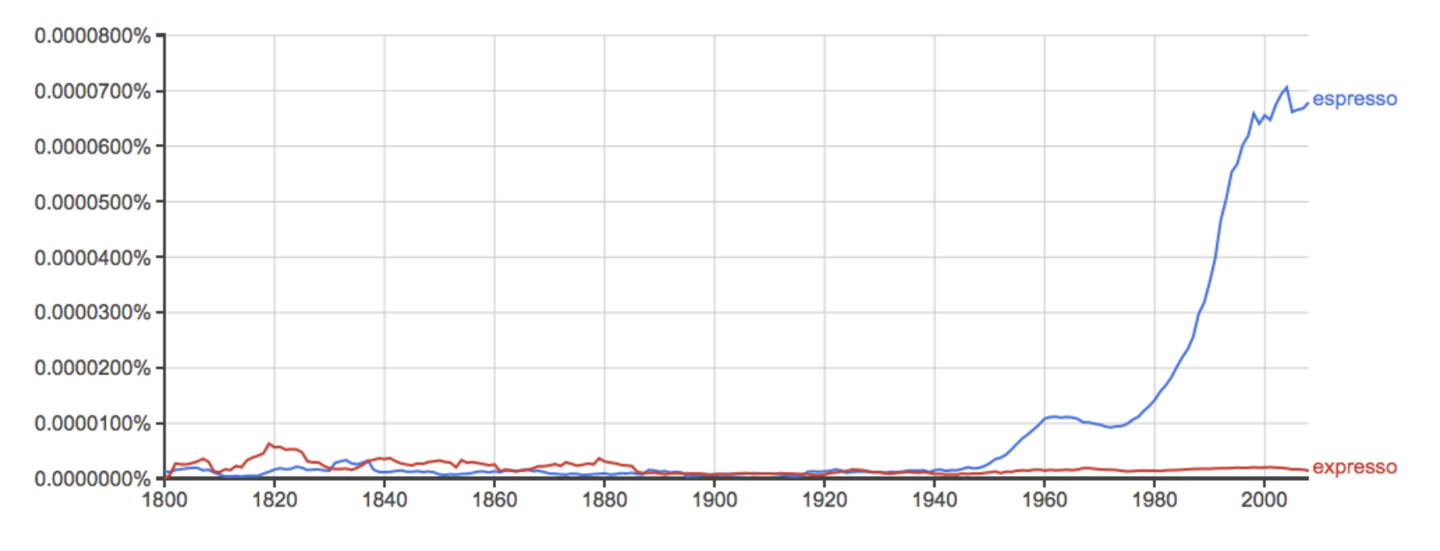
Regardless of which variation was actually being used first by coffee drinkers, some linguists argue that the word “expresso” could be a slightly condensed, faster pronunciation of “espresso” for certain speakers, a phenomena of language evolution known as phonetic contraction.
Don’t believe me? Stop reading this right now and say both words out loud—notice how when you say “espresso” you put more emphasis on the “es” whereas in “expresso” you put more emphasis on “press.”
For some dialects of English, Spanish, or even Italian, this emphasis at the beginning of the word might take longer to pronounce for specific speakers and/or dialects within that language family.
So, just like a U.S. Southern English speaker opts to say “ya’ll” instead of the technically correct “you all”, an “expresso” drinker might subconsciously opt for what feels naturally more expedient to their speech.
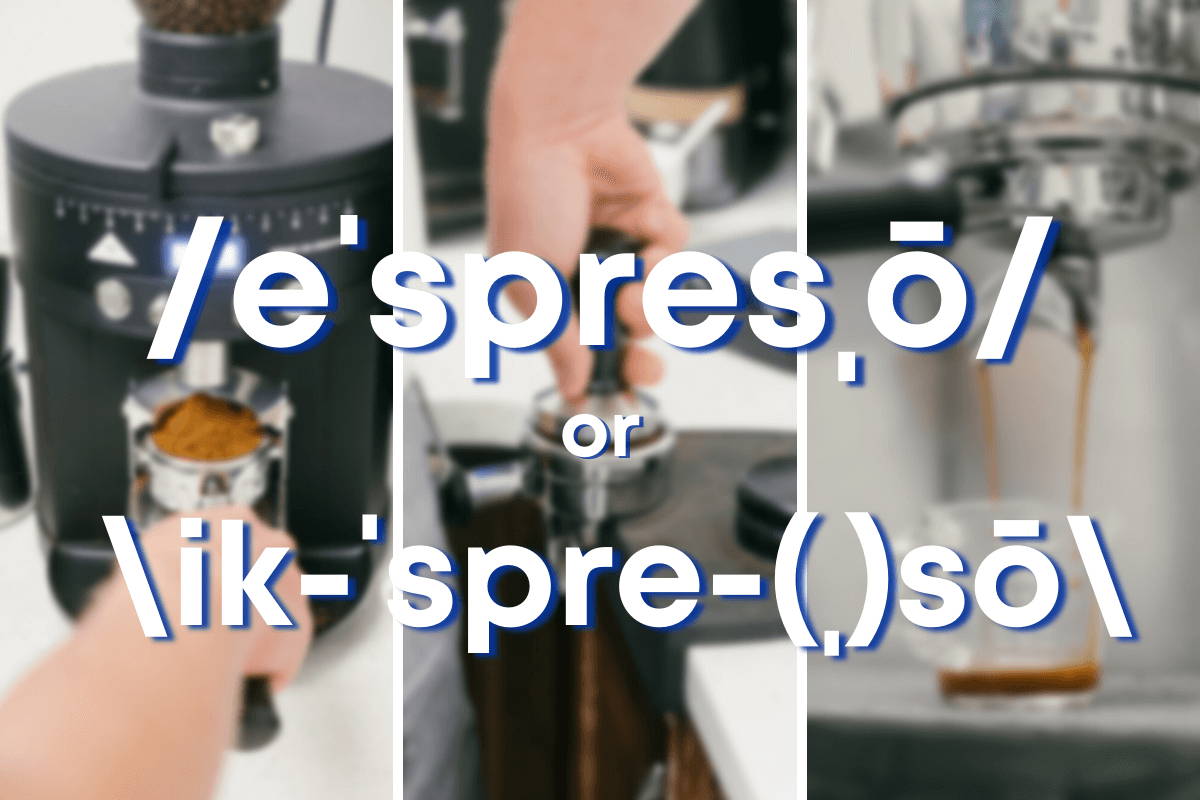
There is another theory, though.
The word “expresso” does seem like a natural combination of the English words “express” and “espresso,” and the expedient brewing times of most espresso machines could lead some coffee drinkers into thinking that their “espresso” is really the “express” coffee option. (Source: Lilia Timm)
This theory is supported semantically by the original Latin root word that espresso derives from, “exprimo,” and the linguistic deviation of dropping the “x” that Italian espresso makers seemed to intentionally opt for during the 1940s.
But, this theory—and frankly all other theories throughout this blog—are just the best educated guesses out there. Language history is often complicated, and the actual root cause of “expresso” as an alternate spelling of “espresso” will still be debated amongst linguists.
So, who's actualLy right?
Today, the debate between “expresso” and “espresso” seems to be primarily centered around those who are inundated within coffee culture and those that are not. A barista, for example, would never utter the words “expresso,” whereas a casual coffee drinker might.
Although sources of linguistic authority such as Webster’s Dictionary and the AP Style Guide have ruled that “expresso” is just an alternate spelling of “espresso,” there will always be a sense of purism in language debates that ignore the ever-changing nature of speech throughout human history.
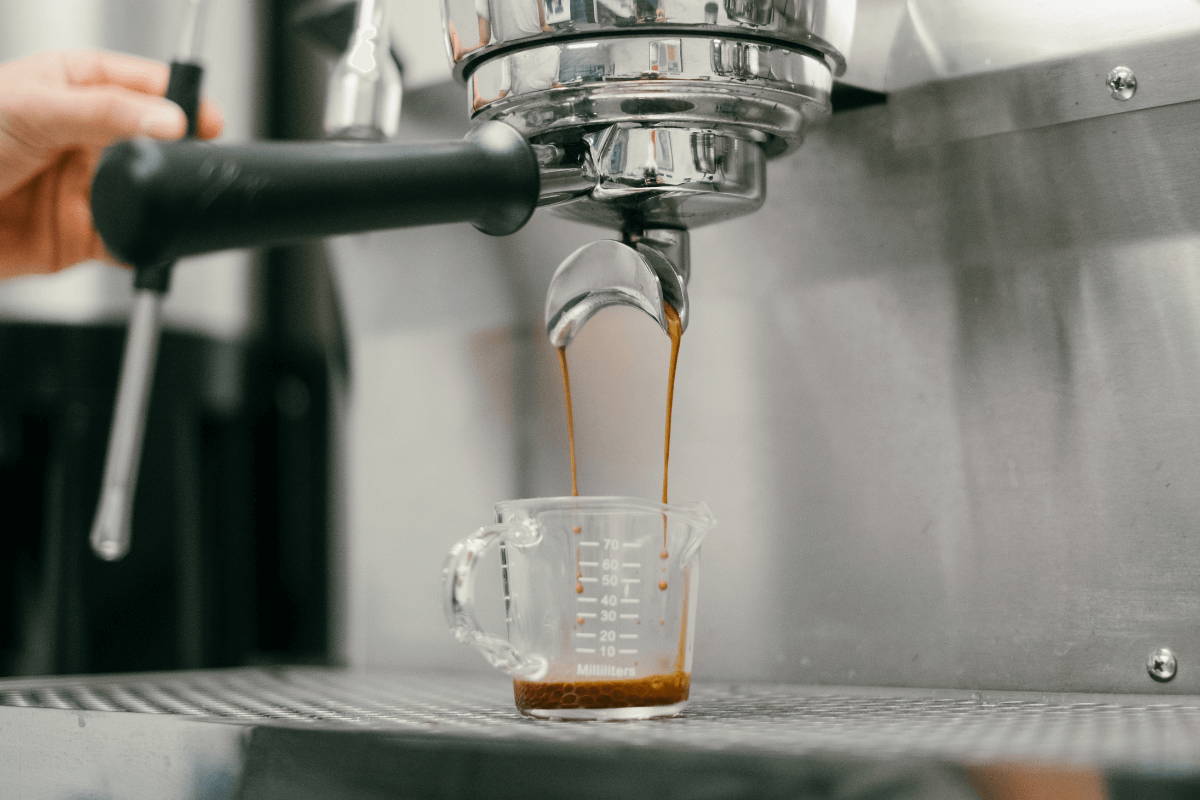
This is where my English professor wisdom comes in to *hopefully* end this somewhat pointless debate once and for all: when dealing with any language debacle, the real answer comes down to a term called mutual intelligibility—or, put more simply, “can I still understand what someone is saying to me even though they are using a different version of the same word?”
As we’ve mentioned in countless blog posts this year, coffee is all about your preferences at the end of the day, and the debate about the correct pronunciation of “espresso” is no different. Let’s say you like the word “expresso” because you know that “espresso” is a super-speedy way of making coffee? Awesome—call it what you want then, fellow coffee lover!
Bottom line, there is no clear answer for what word should or could be the “proper” historical or even contemporary spelling of this word; however, regardless of if you call it “espresso” or “expresso,” the barista making your favorite café beverage is going to know exactly what you are talking about next time you order that extra shot in your latte.
That’s why mutual intelligibility is a linguist’s (and frankly my own) favorite way of settling debates just like this: as long as the underlying meaning of a word is understood by both the speaker and listener, then there isn’t an actual issue with how it is being spoken... right?

We hoped this week’s blog settled this timeless coffee debate for you—let us know in the comments what your favorite spelling of “espresso” is and why, we’d love to hear your thoughts!
Until next week, be sure to subscribe to our email newsletter to get notified when the latest blog posts go live, and follow us on social media to keep up with all the latest happenings around the warehouse.
Written by: Kelley Bostian
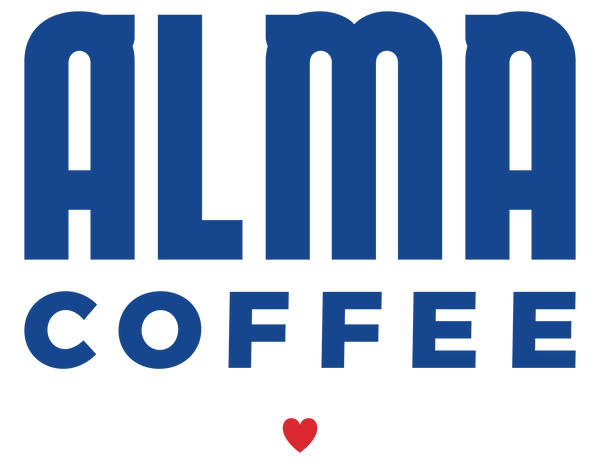

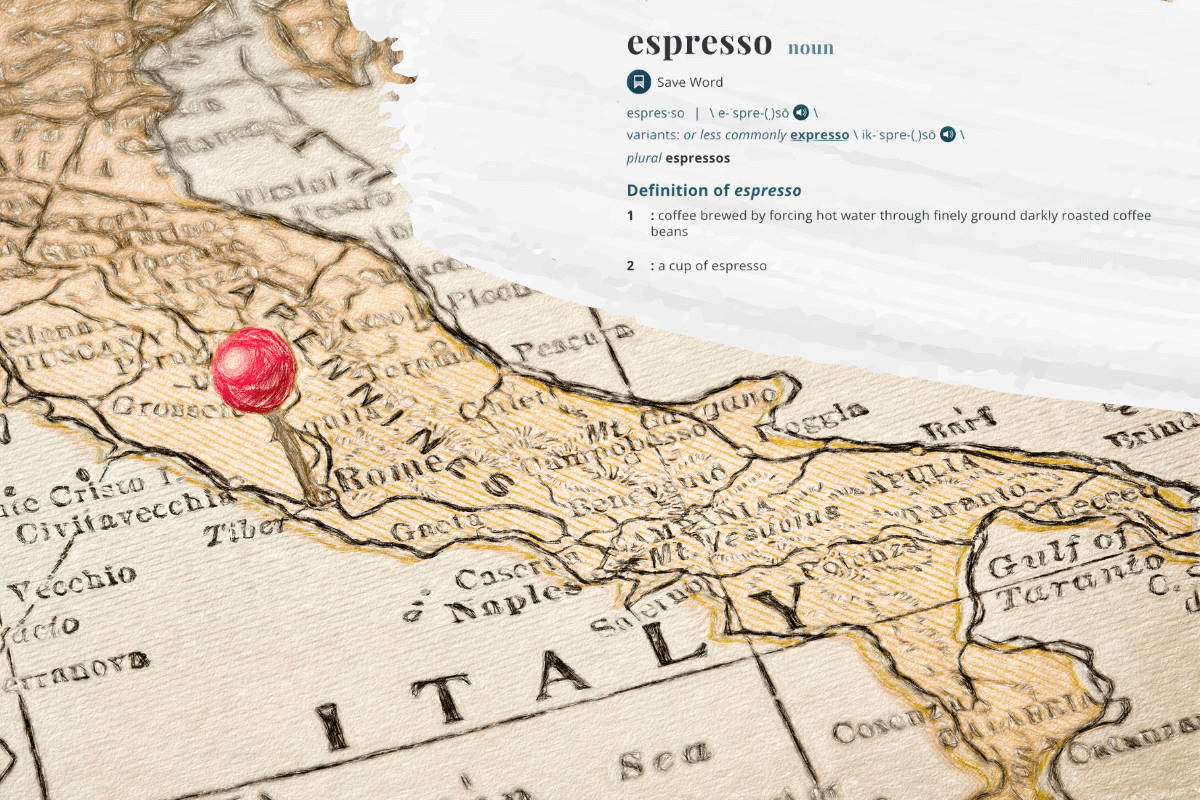

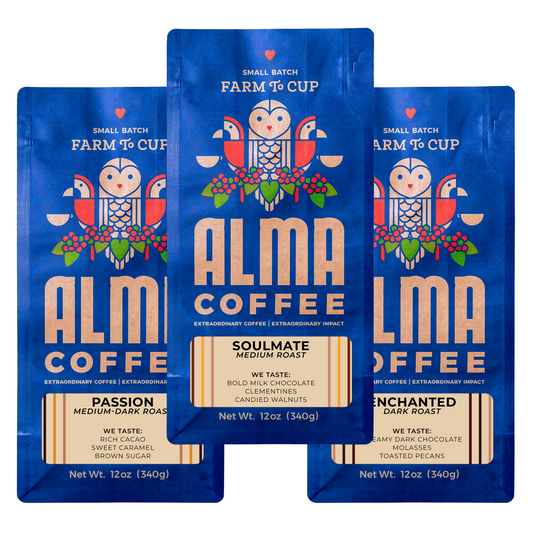
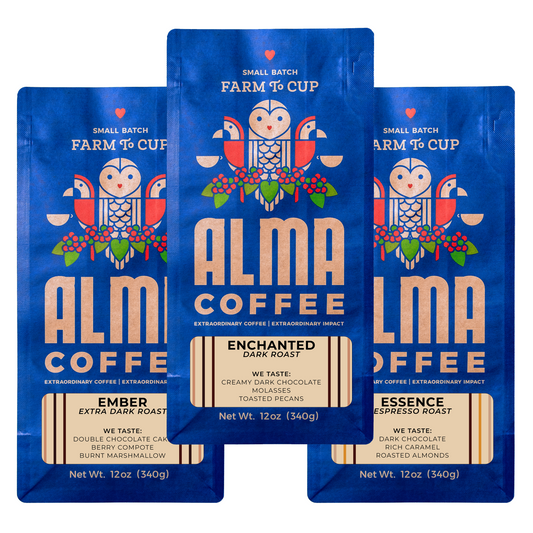
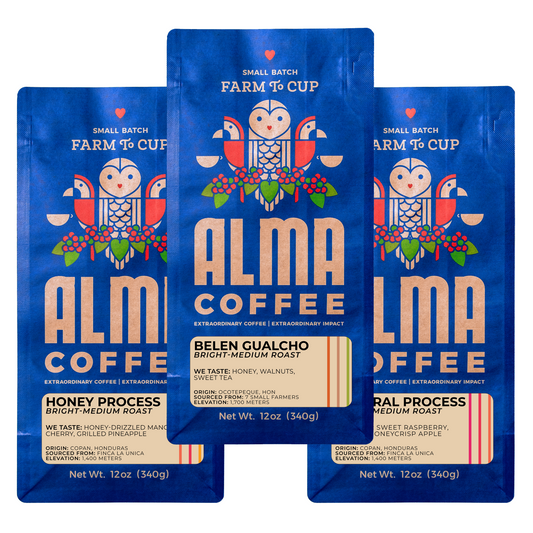
56 comments
I was listening to that Weird Al song as I saw the email for this blog post.. =)